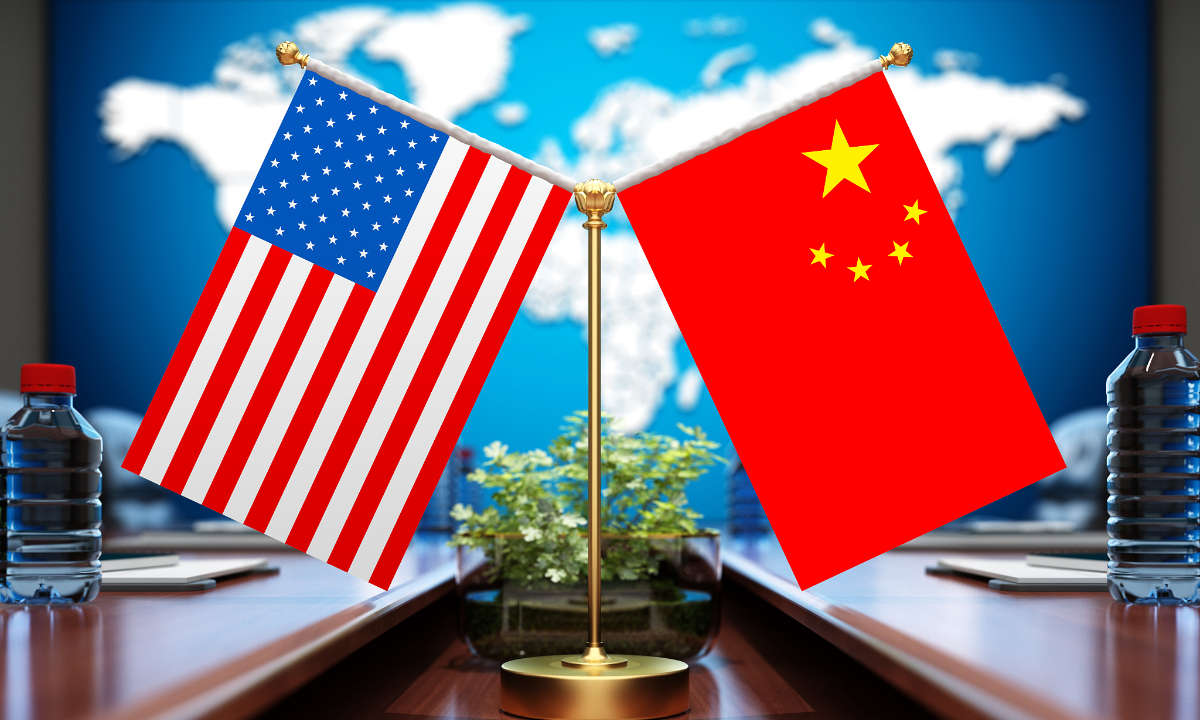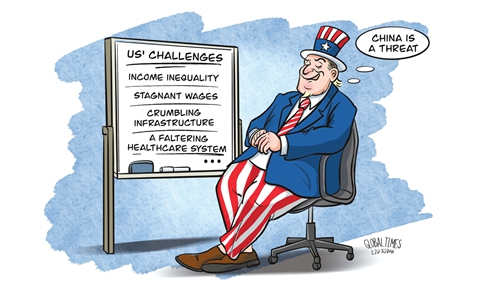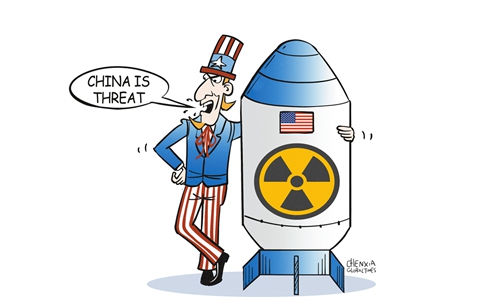China open for discussion if conducive to stabilizing ties with US, observers say ahead of Sullivan's visit

China US Photo:VCG
US National Security Advisor Jake Sullivan will visit China from August 27 to 29, Chinese Foreign Ministry announced Saturday, and the two sides will hold a new round of China-US strategic communication.
Observers said maintaining open communication channels at a high level between China and the US is crucial to avoiding misunderstandings in the current complex China-US relationship. The visit to China, the first by Sullivan, will also provide an opportunity to discuss urgent issues of concern and manage differences.
Sullivan's visit is at the invitation of Wang Yi, member of the Political Bureau of the Communist Party of China (CPC) Central Committee and director of the Office of the Central Commission for Foreign Affairs, Foreign Ministry spokesperson Mao Ning announced on Saturday.
The Financial Times described the visit as "part of a broader effort to stabilize the relationship between the two superpowers."
Sullivan's upcoming visit comes only months before the US presidential election.
During recent discussions on drug control and financial stability, the overall atmosphere between the two countries was calm, with a focus on addressing specific and practical issues. However, tensions remain elevated due to actions taken by the Biden administration in areas such as economic and trade policies, in addition to national security. These actions have had a detrimental effect on the relationship between the two countries, Lü Xiang, a research fellow at the Chinese Academy of Social Sciences, told the Global Times. "We may now find it very difficult to rely on a national security advisor to ease ties."
However, China will remain open for discussion as long as it is conducive to developing situation in a stable direction.
Maintaining open communication channels at a high level between China and the US is crucial in preventing misunderstandings, and the visit will provide an opportunity to discuss pressing issues and address differences promptly, accurately, and effectively, Li Haidong, a professor from the China Foreign Affairs University, told the Global Times.
As two major global powers, China and the US maintain that high-level visits are crucial for stabilizing the expectations of other countries. This is particularly true regarding the current and future development order and the handling of transnational issues, Li noted.
Li believed that China will express core concerns to the US during Sullivan's visit. The US persistently interferes in China's internal affairs, including issues related to Taiwan and human rights. Recently, on the South China Sea issue, the US has been encouraging the Philippines to provoke tensions, reflecting its ulterior motive to create problems for China, Li said.
Such behavior clearly violates the basic principles of international relations and the UN Charter. The US defines its relationship with China as one of competition, which clearly goes against the objective reality that neither side can do without the other or change the other, Li said.
In areas such as drug trafficking, climate change response, and the maintenance of the non-proliferation system, there may be progress, but whether both sides will have very practical measures to stabilize their strategic relationship remain to be seen, Li said.
"The most important thing is to look at the actual actions of the US. The US talks big, but its actions could be very disappointing."
Wang Yi and Sullivan have met four times over the last year and a half, according to a recent AFP report.



